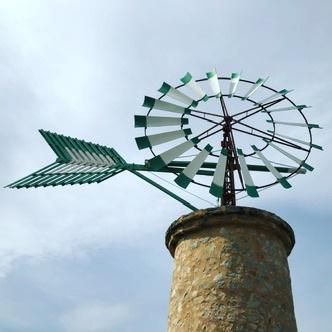What long-term water management strategies has the Balearic government implemented to address future water scarcity?
Similar Topics
balearic water management
sustainable water use
water-saving technologies
pipeline upgrades
water-efficient practices
desalination plants
wastewater treatment
water reuse facilities
The Balearic government has adopted a comprehensive approach to manage future water scarcity, recognizing the unique environmental challenges faced by the islands due to their Mediterranean climate and growing tourist population. Central to their strategy is the promotion of sustainable water use through improved infrastructure and advanced water-saving technologies. Investments have been made to upgrade pipelines and reduce leaks, ensuring that existing water supplies are not wasted. Additionally, the government actively encourages both residents and businesses to adopt water-efficient practices to lower consumption, particularly in agriculture and tourism sectors, which are the largest water users on the islands.
Another key element of the Balearic government's long-term plan involves the diversification of water sources. Desalination plants have been expanded and modernized to produce freshwater from seawater, providing a stable supply independent of rainfall variability. Furthermore, the government supports the development of wastewater treatment and reuse facilities which enable treated water to be safely recycled for irrigation and other non-potable uses. These efforts lessen the pressure on natural aquifers and safeguard groundwater reserves critical for the islands’ ecological balance. By combining infrastructure improvements, technology, and public awareness, the Balearic authorities aim to build a resilient water system that can sustain the islands’ growing populations and vibrant tourist economy well into the future.
Another key element of the Balearic government's long-term plan involves the diversification of water sources. Desalination plants have been expanded and modernized to produce freshwater from seawater, providing a stable supply independent of rainfall variability. Furthermore, the government supports the development of wastewater treatment and reuse facilities which enable treated water to be safely recycled for irrigation and other non-potable uses. These efforts lessen the pressure on natural aquifers and safeguard groundwater reserves critical for the islands’ ecological balance. By combining infrastructure improvements, technology, and public awareness, the Balearic authorities aim to build a resilient water system that can sustain the islands’ growing populations and vibrant tourist economy well into the future.
🧩 Related Questions
Related Question
What cultural tensions have existed between Catalans and locals in Mallorca, and how have they been resolved?
Related Question
How did the political climate of 13th-century Mallorca impact Ramon Llull’s philosophical work?
Related Question
What techniques do farmers use to prepare the land for prickly pear cultivation in Mallorca?
